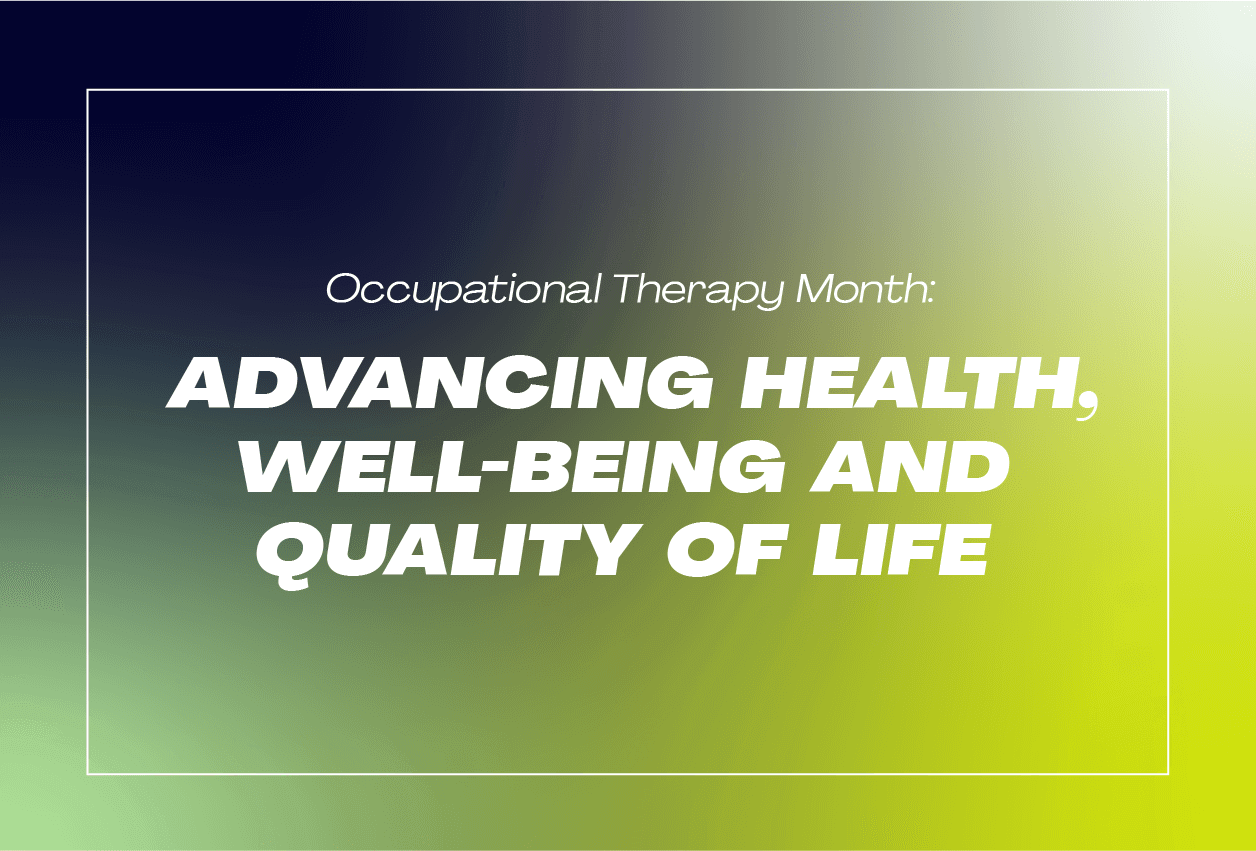By Rachel Lamb . 17/07/2018 · 4 Minute read
Everybody’s talking about resilience, but what does resilience actually mean?
According to one source, it means ‘the capacity to recover quickly from difficulties; toughness’. If you head to www.resilience.org, their definition is that resilience is ‘the ability to successfully cope with a crisis and to return to pre-crisis status quickly’. For me, resilience means being able to hit a bump, however big, get back up and move forward.
Now, here’s a potentially controversial thought: I believe resilience doesn’t come naturally to most people. It definitely didn’t come naturally to me, yet here I am, at a point in my life where I actually feel very resilient. But how did I get here, and how does it work?
In my teenage years I was severely bullied. I won’t go into the details, but many days were spent coming home crying my eyes out, not fitting in and believing the things people said about me, which made me feel quite bad about myself.
Over the years, I’ve made friends who love me for who I am and my work colleagues seem to enjoy my company. It wasn’t until adulthood that I finally started to believe in myself, which translated into me feeling better, fully embracing who I am and what I stand for, starting my nursing journey three years ago and having a successful career in healthcare.
Resilience comes in many shapes and forms within a nursing course, from handing in assignments and pushing through 2000+ word essays to presenting in front of your peers or setting foot into your placement setting. The moment you motivate yourself to sit down at your laptop and start your essay, the one you were really dreading, that’s resilience coming through – remember that.
It’s not only major events that come under the resilience umbrella - the small victories need celebrating too!
What’s helped me, and what I’d advise you to do is:
- Ask for help when you need it and learn where to find it. Student services, personal tutors and mentoring services are all there to help you.
- Ring the alarm bells early on. If you’re struggling, don’t hide from it. If you need extra time for an assignment, are falling behind on coursework or managing personal conflicts while trying to fulfil placement hours, it’s better to ring those bells early on so the right measures can be put in place.
- Remember, there is nothing wrong with asking your family, friends and fellow classmates for help when you’re struggling. They might not know the subject you’re researching or the practice area your placement is in, but they do know you and how you can cope with difficult situations.
I also feel that when you practice as a nurse or healthcare professional, resilience rears its head in different ways. We look after critically ill patients, as well as their families and loved ones who are going through very hard times, which affects us all differently. And as healthcare professionals, we have various ways of coping with this, but coping is something we must learn to do. Sometimes that’s dealing with different colleagues, challenging patients, families, aggressive behaviour, palliative care and, unfortunately, patients passing away.
Then there’s the other side of resilience, which occurs when things go wrong, mistakes are made, and some (or all) of the responsibility is yours. How do you deal with this?
- Be honest about what happened.
- Talk about the crisis that you’re going through with a mentor, personal tutor, friend or partner. Don’t feel like you need to tackle the issue on your own.
- After the crisis has happened, and you’ve come out the other side, reflect on it. Write, film, blog, vlog or even just run through it in your head, but reflect on what happened.
- Don’t forget you’re human. Mistakes happen. Yes, in our profession a mistake can have very significant ramifications, but that’s why there are so many safety nets in place, for instance, double checking medication or documentation of every single action you do during your shift.
What measures can you put in place to ensure that you remain resilient?
Written by: Ewout van Sabben
Twitter: @Ewout1985
Check out Ewout’s nursing blog: ewoutsdiary.wordpress.com
If you would like to see your work on our blog, contact us through our Twitter page!











